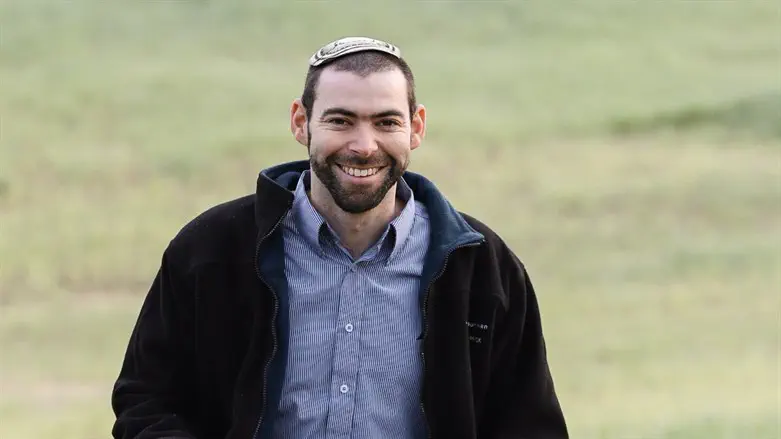
The party (Chagigah) is over, and now we start with the 'tzaros'.
Using a few halakhot of yibbum (levirate marriage), here are some insights into this mitzvah. Although yibbum is not done today, and instead we perform the ceremony of chalitzah, we can still learn a great deal from this mitzvah.
The mitzvah sets in when a married person dies without children. One of his brothers is then required to marry his widow.
With the development of technology, new questions have arisen in this area.
A. Can yibbum be performed by retrieving the sperm of the deceased person? (posthumous sperm retrieval) Seemingly, this could be a solution.
B. Can the brother perform yibbum through artificial insemination of the widow? Perhaps, this could be a solution.
The answer to both of these questions is no. (See Minchat Shlomo, Tinyana 2-3, Siman 124, Shu"t Amira Neima, Tinyana Chelek Alef 174, Shu"t Divrei Malkiel part 4 Siman 107, and Sefer Puah, Machon Puah, part 2, page 316, 320)
The mitzvot are incumbent on us whether or not we understand the rationale behind them. Nevertheless, the philosophy and principles of the mitzvot can help us connect to them, even if only a suggestion or theory.
1. The importance of humility: The Torah may be teaching us modesty, especially in the modern age. With technology developing with such speed, we are today capable of things that formerly seemed like dreams. These include organ transplants, artificial organs, laboratory births, artificial insemination etc., maybe the Torah is showing the way for humility--namely, humility towards creation and the miracles of Hashem.
2. The importance of the process of the mitzvah: Not everything is 'tachlis oriented', whereby the end result is all that matters.
The goal would appear to be the continuation of the name and legacy of the deceased person who was childless, but that is not enough.
Therefore, these modern-day reproductive techniques are not legitimate ways to perform the mitzvah. Rather, it is the way the Torah prescribes things.
3. Sanctification of nature: We must thank Hashem and show gratitude to Him by sanctifying nature and recognizing his power in creation. We say this daily in the davening, by showing appreciation to the One 'who in his Goodness creates each day', and is the source of creation and reproduction.
4. The holiness of the family and human relationships: This is a principle that is the essence of Yibbum. With the simple meaning of the pesukim of the Torah, we get the impression that the continuation of the 'name' is the purpose here, with a newborn baby named after the deceased person. In fact, there is no obligation to even name the baby after the deceased (see Shulchan Aruch, Even Haezer 166, 6). More importantly, the mitzvah is not even fulfilled by a newborn--rather just by the marriage of the living brother and the widow.
The Gemara in Yevamot 24, brings this out, that this is true fulfillment of the mitzvah. This is the continuation of the life of the deceased brother (see Rashar Hirsch and Malbim on Devarim 25:6) The essence is establishing a new family and relationship that continues the one cut off.
There is a clear 'holiness' in a relationship and a 'bayit' (house). It is achieved by an actual physical relationship, and not through done through artificial methods.
May we all enjoy the greatest of health and Shalom Bayit.